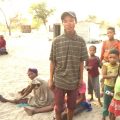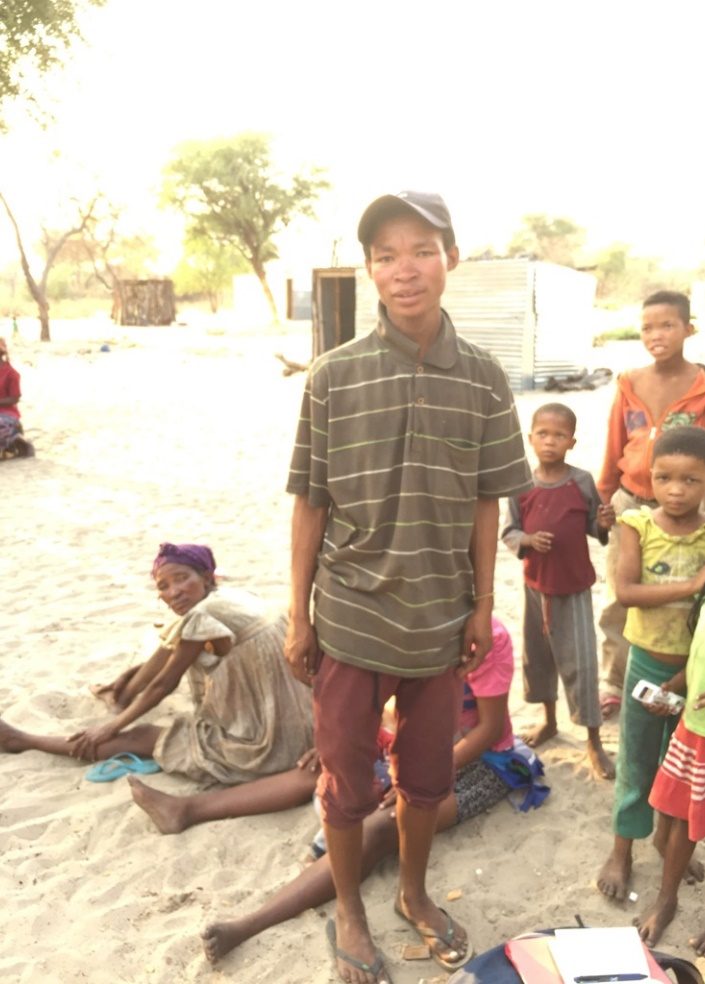
France, Namibia Report
―EHESS, Windhoek, Ohangwena―
Kyoto University
Graduate School of Asian and African Area Studies
Associate Professor
TAKADA, Akira
Between September 15 and October 1, 2017, I primarily visited France’s École des Hautes Études en Sciences Sociales ((EHESS) or the School of Advanced Studies in the Social Sciences as well as National Archives of Namibia in Windhoek and the Ohangwena Region, consulting with researchers and collecting data for the planning and management of this project “Network formation for reconstructing the paradigm of African Area Studies in a globalizing world”.
At EHESS (Photo 1), I attended research meetings focusing on the paradigm shift in African studies and the globalization of Africa with my main research counterparts, Associate Professor Frédéric Joulian, Professor Remy Bazenguissa-Ganga, Associate Professor Eloi Ficquet, and Senior Lecturer Emmanuelle Kadya Tall. In particular, we discussed the content to be presented by each of us as well as the division of logistical duties in connection with an international symposium on the paradigm shift in the African region. This symposium “France-Japan Area Studies Forum” is being organized jointly by Kyoto University and EHESS and is scheduled to be held from December 1 to 3, 2017.
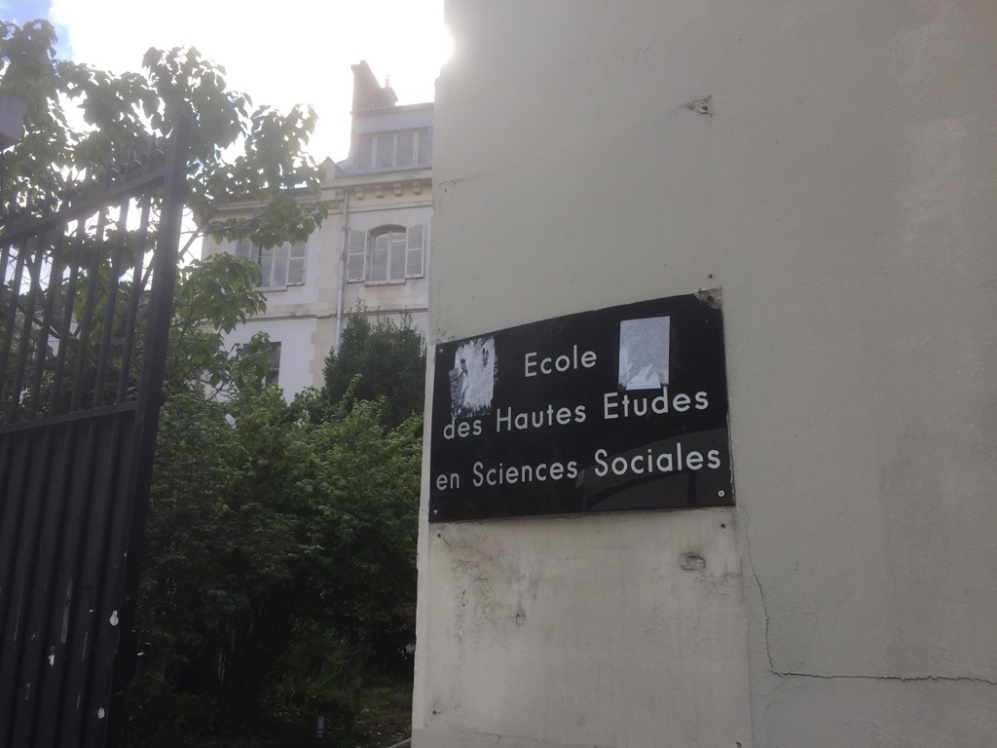
Photo 1 École des Hautes Études en Sciences Sociales (EHESS).
EHESS is France’s prestigious research center in the social sciences and is globally recognized for its research mainly on Francophone Africa. EHESS has also entered into an interuniversity academic cooperation agreement with Kyoto University. The ASAFAS and CAAS have hosted visiting faculty in history and anthropology from EHESS and cohosted panel discussions at international conferences. In addition, Professor Remy Bzaenguissa-Ganga was invited to ASAFAS and CAAS for approximately one month in October 2017, and I plan to have another meeting with him to work out the details of the international symposium and to further our joint studies on African globalization.
Post EHESS, I visited Namibia, where I gathered data on the paradigm shift in research on Africa, particularly focusing on land and educational policies since Namibia’s independence. I began this research process at the National Archives of Namibia, the country’s largest repository of research materials on the African region. I also gathered documentation related to land and education policies in the Ohangwena region located in north-central Namibia as part of an ongoing joint research project with Professor Thomas Widlok of the University of Cologne and Professor Matthias Brenzinger, Director of the Centre for African Language Diversity at the University of Cape Town. North-central Namibia is home to the Owambo people, who are the country’s majority ethnic group and subsist primarily on agriculture. However, the earliest settlers of this area are the San, hunter–gatherers. Later, various peoples and groups began appearing, such as the Owambo as well as Finnish and other European missionaries. This was the beginning of the San’s unique relationship with these actors. Our study focuses on the changes in the history, society, and culture of the San people indigenous to this region, and has benefitted from the cooperation of local authorities who support the San way of life. The researchers involved in this project are from Kyoto University, with combined experience in San-related studies of approximately 50 years; the University of Cologne, with outstanding achievements in the fields of Namibian social and cultural anthropology, African studies, history, linguistics, and media studies; and the University of Cape Town, with backgrounds primarily in the fields of linguistics, literary research, and observational research focusing on the San people.
I began this part of my trip with a visit to the Ministry of Lands and Resettlement office (Photo 2) in Okongo, the second largest city in the Ohangwena region, which has taken on a central role in driving the resettlement and development efforts of the San People post Namibian independence. There, I had discussions on the current situation, including any problems, in the ongoing efforts for the resettlement and development of the San people.
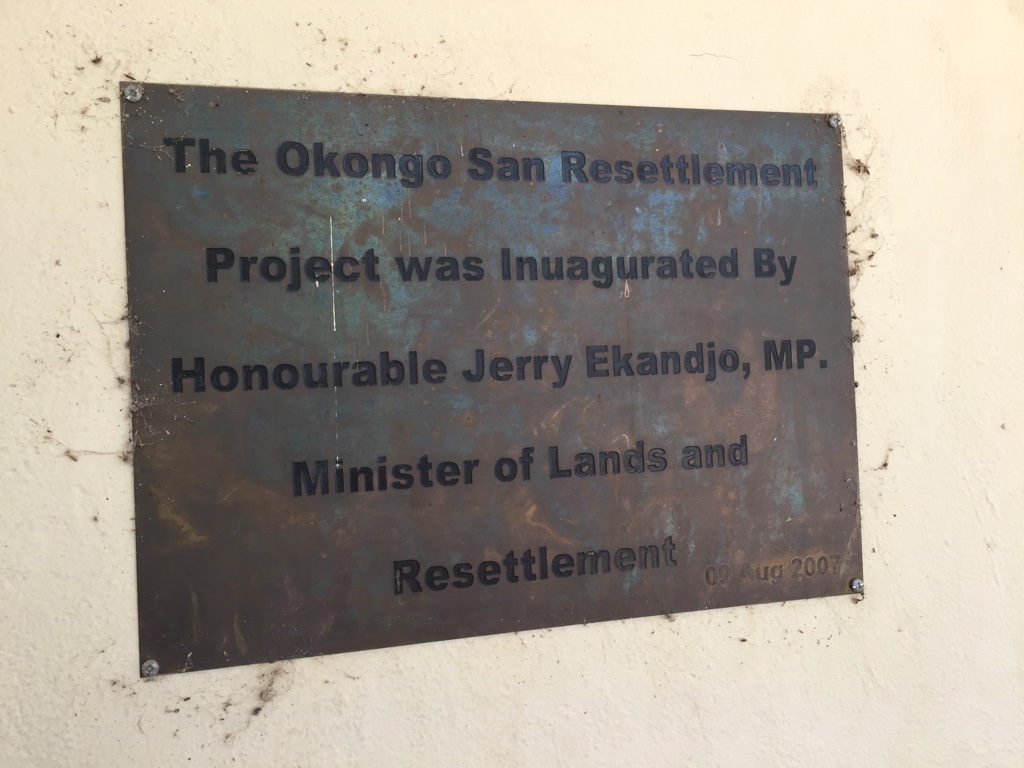
Photo 2 Plaque at the Ministry of Lands and Resettlement office in Okongo, Namibia, commemorating the San Resettlement Project.
In addition, I had a field trip to Ekoka Village, which was founded by missionaries and is currently the site selected by the Namibian government for the San Resettlement Project, and saw the implementations of San land and education policies there. I have conducted field research in this village previously too. During my current visit, I was able to meet an old friend belonging to the San community whom I had come to know through my research (Photo 3).
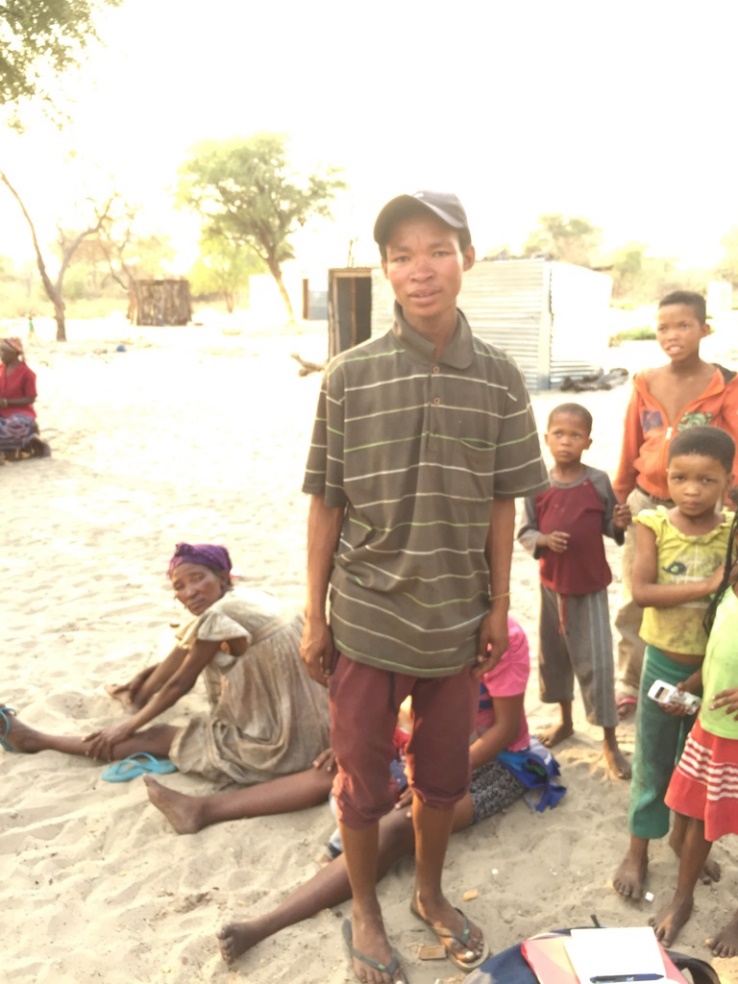
Photo 3 San speaking people living in Ekoka Village
I believe that the efforts of Japanese, European, and African research groups such as ours as well as of local authorities and residents who support the San way of life will not only contribute significantly to research on the San people but will also help address the various social problems facing the San and reconstruct the paradigms of African Area Studies.

